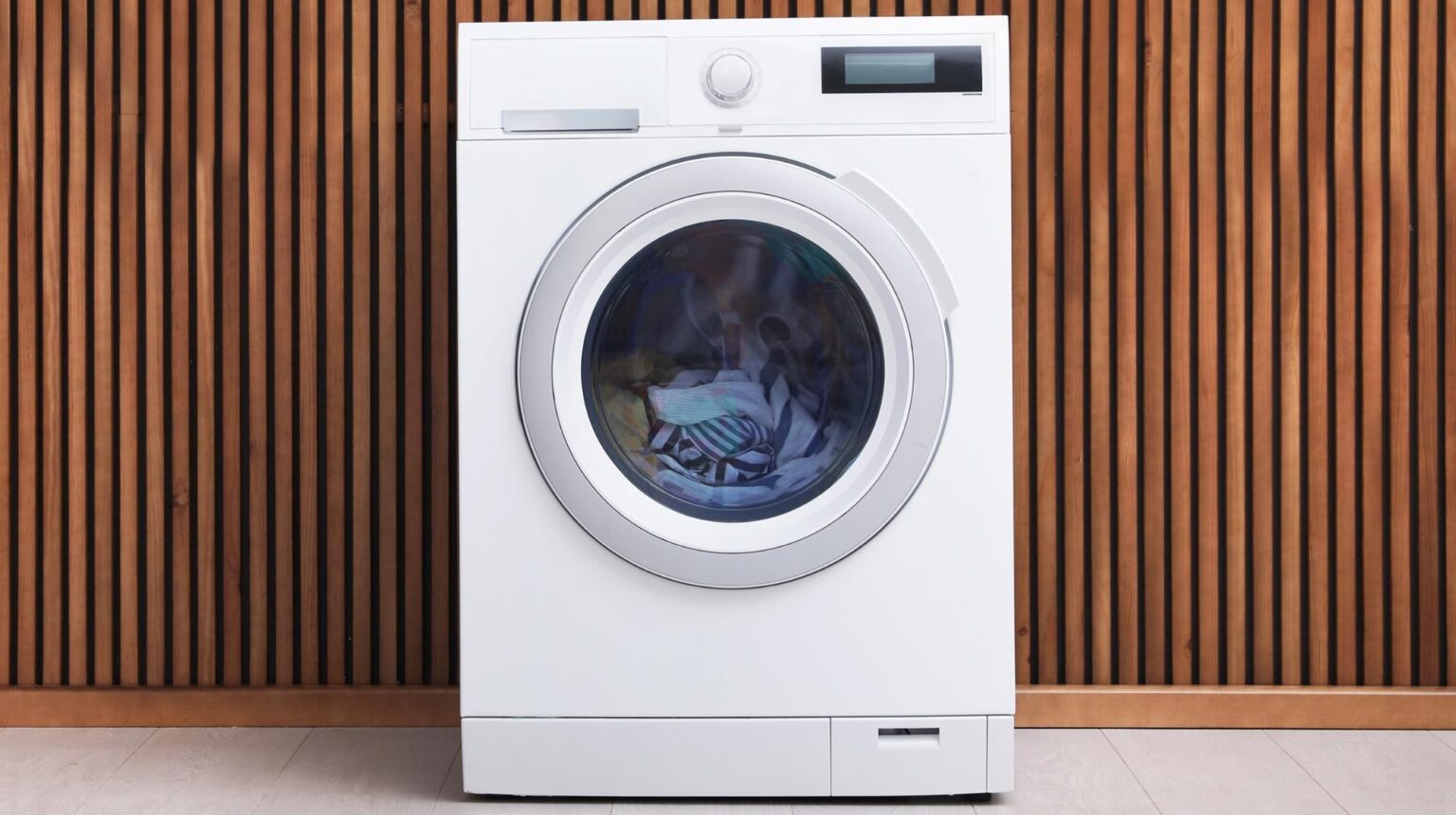Electrical Appliances
Domestic Electric Clothes Washing Machines
🚀 Strategic Recommendations for Domestic Electric Clothes Washing Machines (IS 302 (Part 2/Sec 7): 2010)
- Engage Early with BIS & Labs
Apply for BIS certification well before April 2025. Conduct type and safety tests (insulation, leakage current, mechanical strength, overheating, fire hazard) in BIS-approved labs. - Partner with Compliance Experts
Collaborate with ERA specialists for documentation, BIS licence application, inspection readiness, and ISI marking compliance. - Contact ERA Support Team
📧 cs@eraglobal.co.in | 📞 +91 9599296331 | 💬 WhatsApp
Support for BIS licence, exemption handling, product testing, and supply chain compliance. - Track Notifications & Circulars
Subscribe to ERA updates for real-time alerts on BIS clarifications, QCO amendments, and MSME-specific relaxations. - Conduct a Compliance Gap Audit
Audit washing machine models, safety features, labeling, and packaging. Ensure all SKUs comply with IS 302 (Part 2/Sec 7):2010 before enforcement deadlines.

| Section | Details |
|---|---|
| Product Name | Domestic Electric Clothes Washing Machines |
| Applicable Indian Standard (IS) No. | IS 302 (Part 2/Sec 7): 2010 |
| Title of Indian Standard | Safety of Household and Similar Electrical Appliances – Particular Requirements – Domestic Electric Clothes Washing Machines |
| Quality Control Order | Electrical Appliances for Domestic Clothes Washing (Quality Control) Order, 2024 (superseding 2023 Order) |
| Notification & Amendments | Notified via S.O. 1126(E), dated March 5, 2024 (2023 Order) and superseded by S.O. 4815(E), dated Nov 1, 2024 (2024 Order) |
| Final Enforcement Date | Medium & Large enterprises: 1 April 2025 Small enterprises: 1 July 2025 Micro enterprises: 1 Oct 2025 |
| Objective & Scope | To ensure consumer safety, reduce risks of electric shock, fire hazards, overheating, and mechanical failures in washing machines through BIS certification. |
| Products Covered | Domestic and similar electrical clothes washing machines for household use. |
| Exemptions | - Export-only products - Up to 200 imported units/year for R&D till 1 April 2026 (not for sale) - Exemption up to 1 Oct 2025 for pre-certified or applied stock - One-year exemption for >11 kg capacity washing machines (if certified or applied for certification). |
| Industries Impacted | - Washing machine manufacturers - OEM suppliers - Importers and traders of washing machines - Retail & distribution chains. |
| Mandatory Compliance | All washing machines must conform to IS 302 (Part 2/Sec 7):2010, bear ISI mark, and be BIS-certified under Scheme-I of BIS (Conformity Assessment) Regulations, 2018. |
| Next Steps for Stakeholders | Apply for BIS license, conduct type testing in BIS-approved labs, align labeling & packaging with ISI mark, declare old stock before deadlines. |
| Legal Framework Provision & Enforcement | Governed under BIS Act, 2016. Non-compliance may lead to fines, seizure of goods, license suspension/cancellation, and imprisonment up to 2 years. |
| Conclusion | From April 1, 2025 onwards, all domestic electric clothes washing machines must comply with IS 302 (Part 2/Sec 7):2010 and carry BIS certification. |
| References / Annexures | - IS 302 (Part 2/Sec 7):2010 - QCO 2023 (S.O. 1126(E), dated March 5, 2024) - QCO 2024 (S.O. 4815(E), dated Nov 1, 2024) |
Ready to start your certification journey?
Let us help you navigate regulatory challenges and achieve certification with ease. Leave us your details, and we’ll get back to you—or request a free consultation today.
Get in touch with us today
Notification
The Electrical Appliances for Domestic Clothes Washing (Quality Control) Order, 2024, notified via S.O. 4815(E), dated November 1, 2024, under the BIS Act, 2016, supersedes the earlier 2023 Order and mandates BIS certification for washing machines as per IS 302 (Part 2/Sec 7):2010.
Enforcement Timeline
- Medium & Large enterprises – April 1, 2025
- Small enterprises – July 1, 2025
- Micro enterprises – October 1, 2025
Overview
Domestic washing machines are widely used in households and pose risks of electric shock, overheating, fire hazards, and mechanical failures if not designed and tested properly. The standard IS 302 (Part 2/Sec 7):2010 prescribes safety requirements, construction guidelines, and performance criteria to ensure user safety and durability.
Objective & Scope
The standard aims to safeguard consumers by regulating design, performance, electrical insulation, earthing, water safety, and heating controls in washing machines. It applies to all domestic electric clothes washing machines, including semi-automatic and fully automatic models.
Products Covered
All domestic and similar electrical clothes washing machines intended for household use.
Exemptions Provided
- Appliances manufactured solely for export.
- Up to 200 imported units annually for R&D purposes until April 1, 2026 (not for sale, must be scrapped after use).
- Pre-certified or declared stock manufactured/imported before enforcement, allowed for sale until October 1, 2025.
- One-year exemption for machines with capacity greater than 11 kg (if certified/applied for certification).\
Industries Impacted
- Washing machine manufacturers
- OEM suppliers of electrical appliances
- Importers and traders of washing machines
- Retail and distribution networks in India
Mandatory Compliance Requirements
All machines must conform to IS 302 (Part 2/Sec 7):2010, undergo BIS testing, obtain BIS certification under Scheme-I, and bear the ISI mark on product and packaging.
Next Steps for Stakeholders
Manufacturers must apply for BIS certification, submit machines for type testing at BIS-recognized labs, align product labels and packaging with ISI mark requirements, and declare old stock within deadlines for exemptions.
Legal Provisions, Enforcement & Penalties
The Order is enforceable under the BIS Act, 2016. Non-compliance may result in fines, seizure of goods, suspension/cancellation of license, and imprisonment up to two years.
Conclusion
From April 1, 2025 onward, all domestic electric clothes washing machines must comply with IS 302 (Part 2/Sec 7):2010 and carry BIS certification. This measure ensures consumer safety, consistent product quality, and fair trade practices in the Indian market.
Ready to start your certification journey?
Let us help you navigate regulatory challenges and achieve certification with ease. Leave us your details, and we’ll get back to you—or request a free consultation today.
